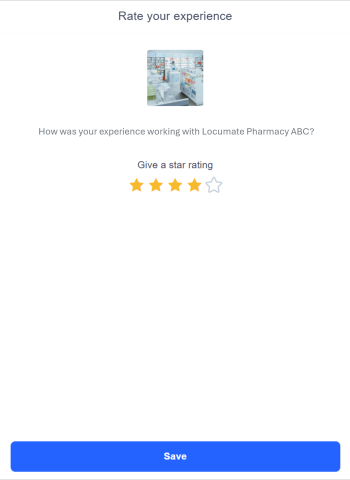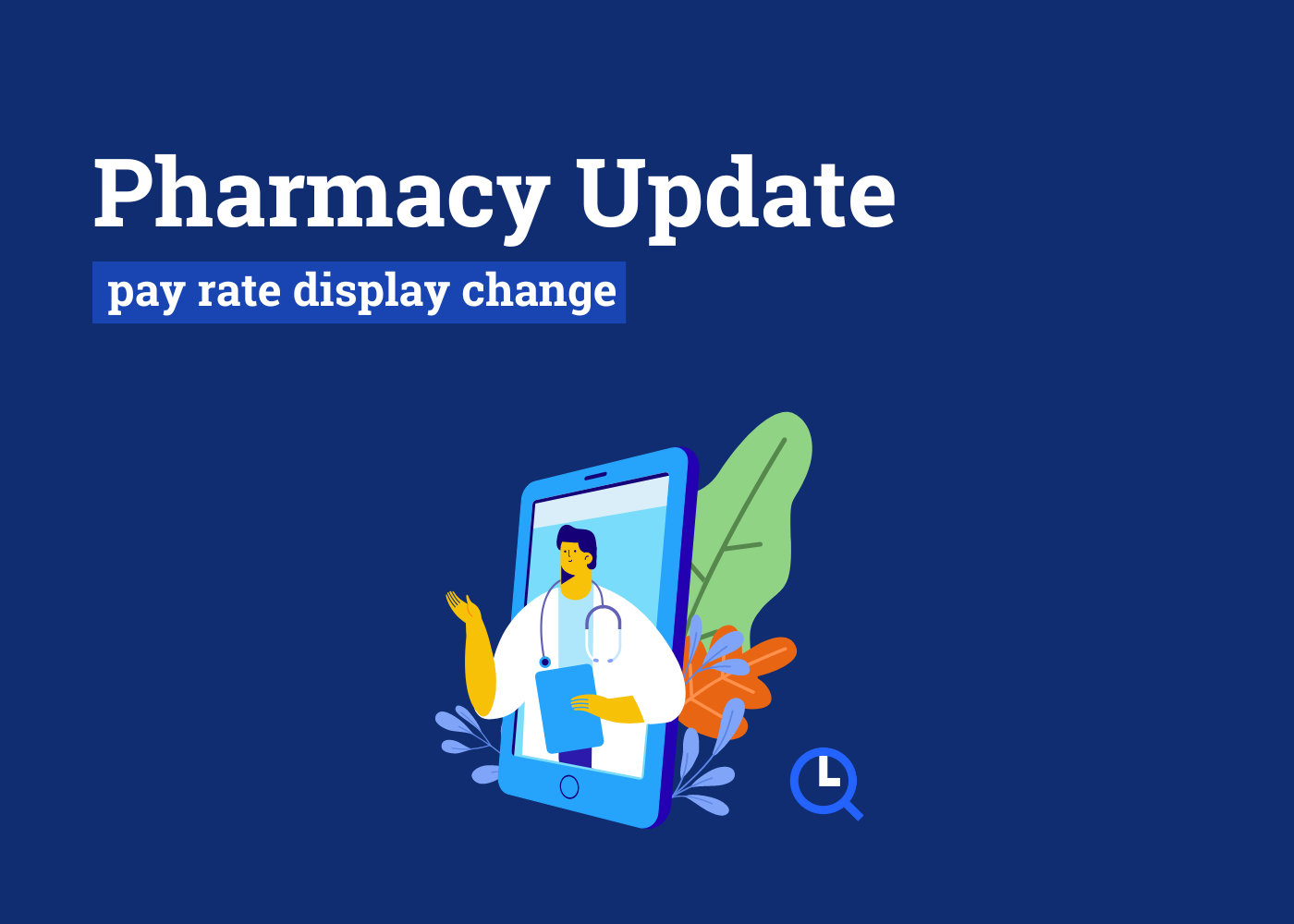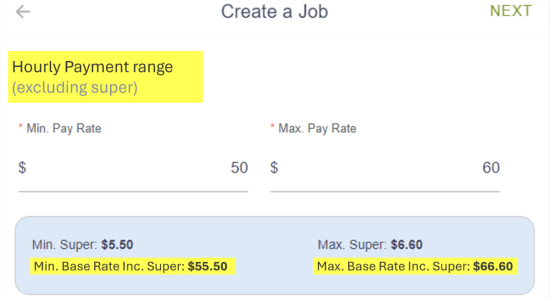Are you thinking of studying pharmacy? Or are you already in the middle of your degree still wondering what you can do after you graduate? Fortunately, a pharmacy degree in Australia can lead to various career paths within the pharmaceutical and healthcare sectors. Some common jobs are outlined below!
Community Pharmacist
As the most common pharmacy role in Australia, these pharmacists are especially important in being first points of contact to the public. They are primarily involved with long-term management and supply of medications to patients, however their knowledge spans multiple areas: they must be skilled in diagnosing common ailments, recognising referral points, and recommending treatments available without a prescription. They are also responsible for overseeing dispensing medications, counselling on the safe and effective use of medications, and offering general health advice. Other services that can be offered are vaccination services, travel health recommendations, and compounded medications.
Locum Pharmacist
If you like the idea of working as a community pharmacist but want more freedom with scheduling shifts, becoming a locum pharmacist may be the perfect pathway for you. They are contractors or “fill in” pharmacists in community pharmacies – so depending on what shifts you take, you could be in pharmacies close to home, travelling all over your state, or maybe even around the country! This role is suited for pharmacists who excel in adapting to new environments, and gives a unique opportunity to broaden your skills and services by having experience in different workplaces. If you would like to know more on locuming, visit locumate.com.au for more practical information.
Hospital Ward Pharmacist
Working in a hospital setting lends itself to typically more complex health problems. This includes communicating with doctors, supplying medications to nurses, and preparing admission and discharge plans to ensure optimal medication therapy. They provide direct patient care, whether it is through participating in patient rounds, creating medication action plans, and assisting in the selection and monitoring of medications. As a highly clinical role, you are guaranteed to learn something new every day!
Academic Pharmacist
There are many roles that can be attributed to include teaching and conducting research, or evaluating the safe use of medications to contribute to the advancement of and integration of pharmacy practice and pharmaceutical sciences. For example, clinical educators in hospitals facilitate education sessions to disseminate the most updated information. Quality Use of Medicines pharmacists oversee pharmacy processes in facilities (usually hospitals) to ensure the safe use and administration of medications. These roles are important in guiding the current and next generation of pharmacists to optimise their practice.
Industrial Pharmacist
They are responsible for the development, manufacturing, and quality control of medications, as well conducting research and development of new drugs. While this role is not as clinical, extensive knowledge of pharmacokinetics and pharmacodynamics is essential. If you have a keen interest in the chemistry behind how medications work, this could be a rewarding career pathway both to advance your own personal knowledge, but also contribute to greater medication research.
While these are just a few examples, there are still many other career opportunities available to pharmacy graduates in Australia depending on your interests and areas of specialisation. Whether you love talking to patients, you prefer to read through journal articles, or get hands-on with making medications, there is definitely a career pathway for every person after graduation.










